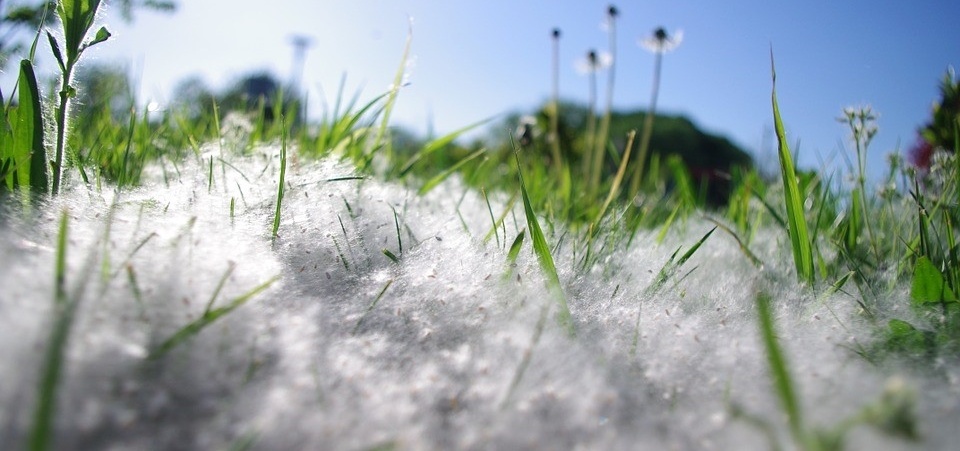
Allergic conjunctivitis is an inflammation of the conjunctiva caused by a reaction to an allergen (any substance that produces an allergic reaction). Exposure of the eyes to these allergens releases a substance known as histamine which causes the blood vessels in the conjunctiva to become inflamed.
Allergic conjunctivitis can have several symptoms. It can be seasonal and related to the times of the year when there is an increase in allergens (especially in Spring) or it can be perennial (all year long). It normally affects both eyes at the same time and symptoms can include:
The most common allergens that cause allergic conjunctivitis are:
In the case of pollen, there are times of the year when there are higher levels of pollen in the air, especially spring. Levels are highest on hot, dry and windy days, especially first thing in the morning and just before nightfall.
Different tests can be used to determine whether or not you are suffering from allergic conjunctivitis. These include a white blood cell count (eosinophils), looking for small bumps under the eyelids (papillas) and skin reaction tests.
The best option when faced with allergic conjunctivitis is prevention. In the case of pollen, exposure can be reduced by doing the following:
You should consult your ophthalmologist if your symptoms do not improve after avoiding allergens or using over-the-counter medication, especially if your vision is affected and you experience pain, swelling or headaches. Treatment options include antihistamines (medication to suppress the excessive reaction to the allergen), mild steroid eye drops or lubricating drops. The selected treatment will depend on the stage which the conjunctivitis is at.
Symptoms normally disappear on treatment, although they may persist if high exposure to the allergens continues.
Those with chronic allergies or asthma may suffer from prolonged or chronic inflammation of the conjunctiva known as vernal conjunctivitis. This causes thick and sticky eye secretions and requires short cycles of treatment with steroid drops and topical antihistamines.

Contact us or request an appointment with our medical team.